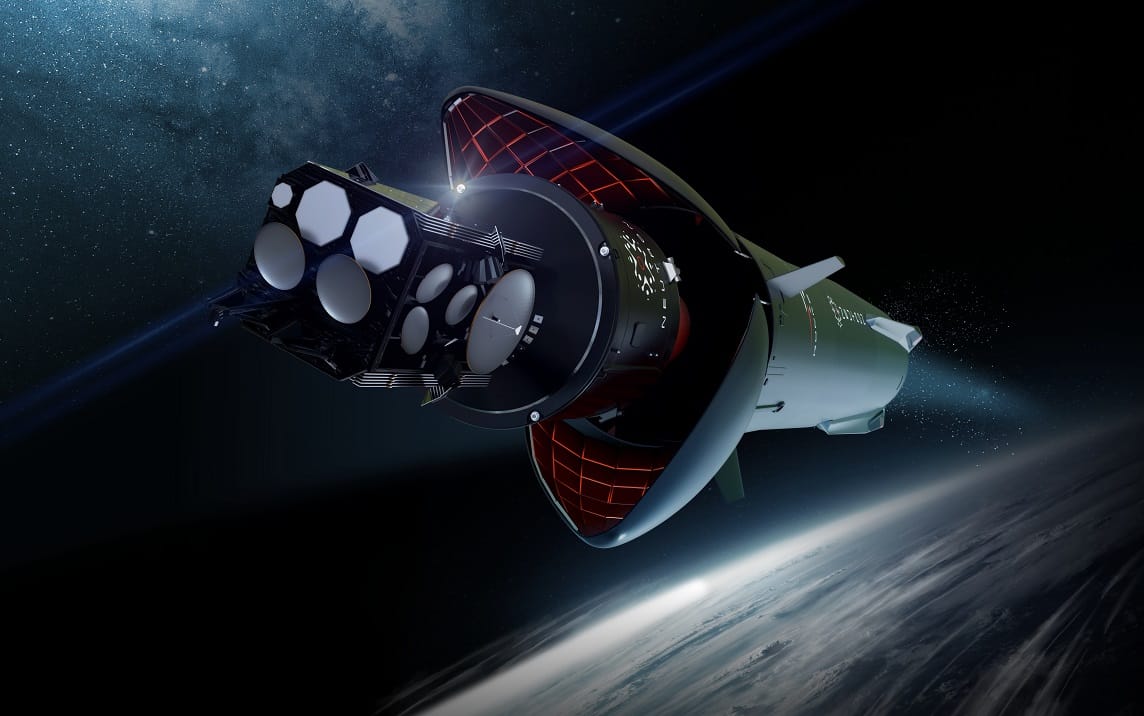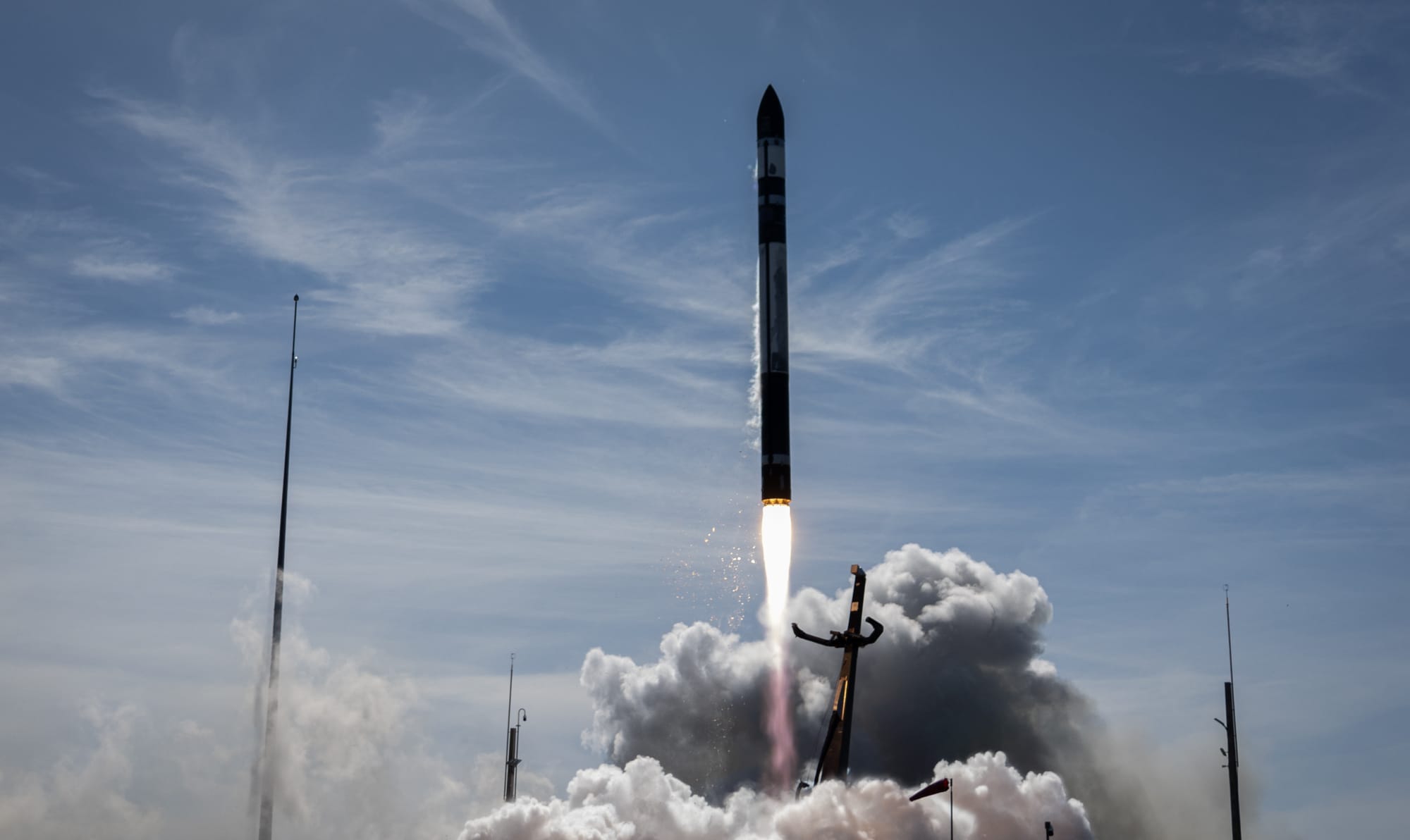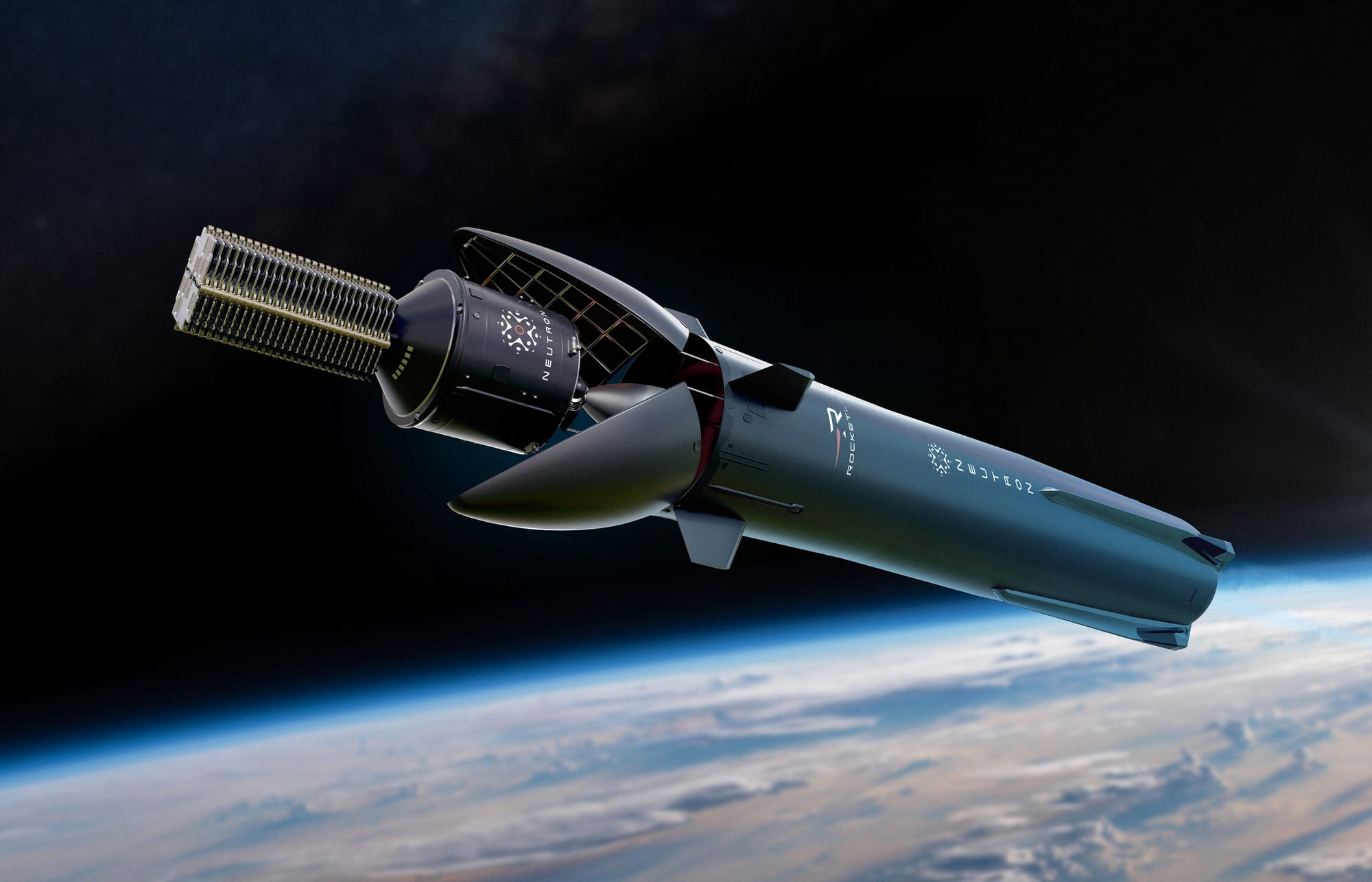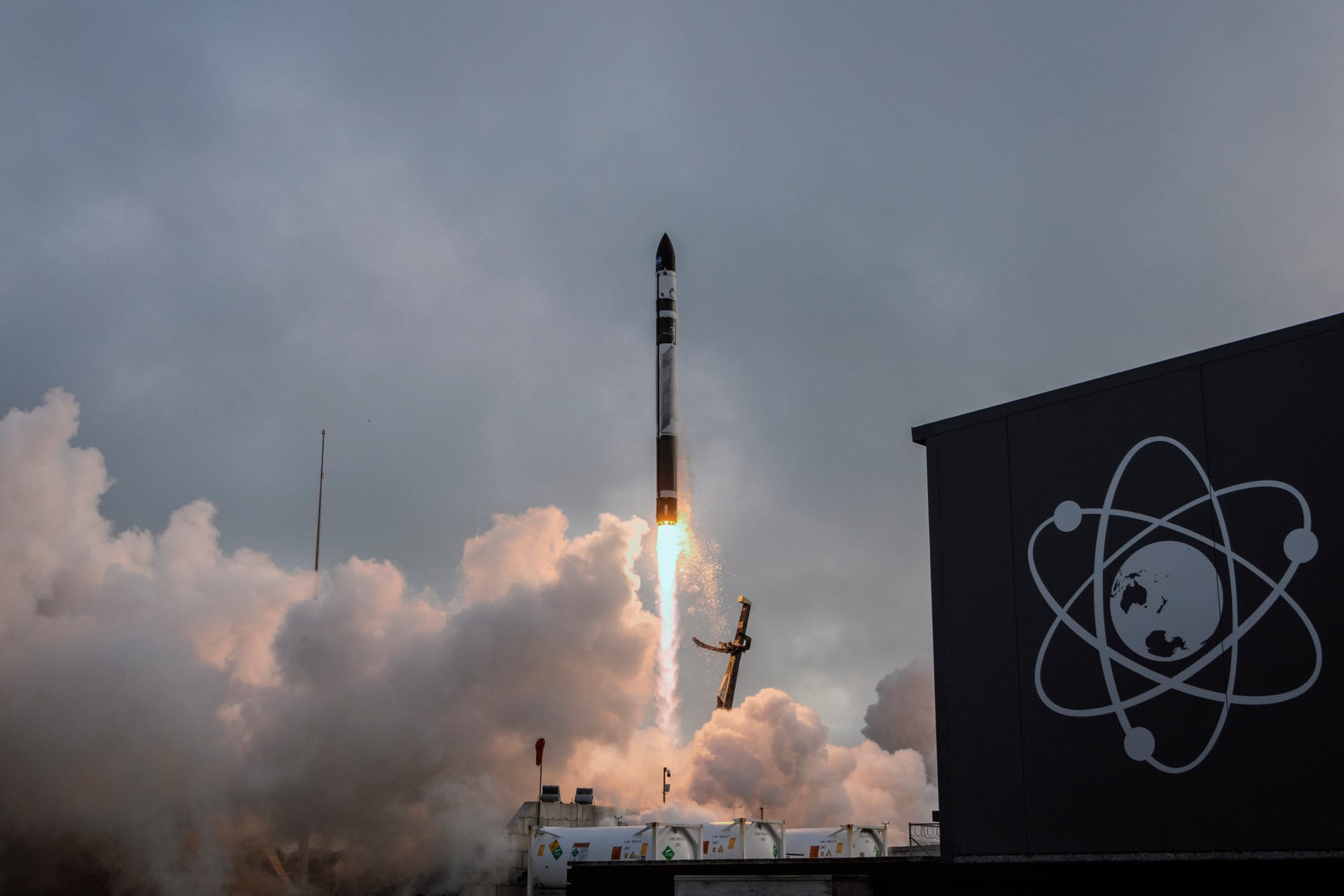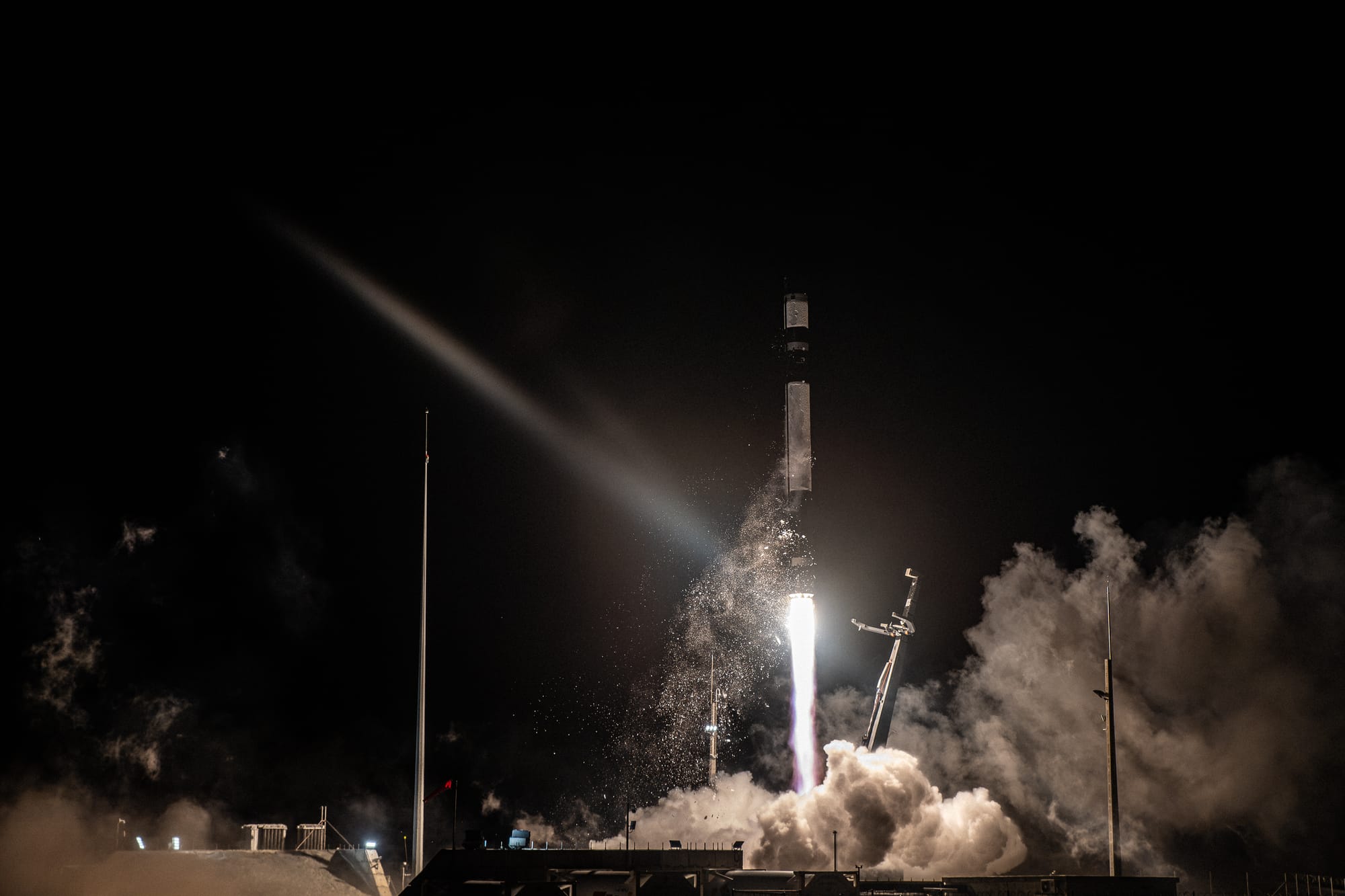Table of Contents
At the end of February, Rocket Lab conducted its fourth quarter earnings call, the last regarding 2024, and provided an update on Neutron, new hardware for the vehicle, and new spacecraft.
To begin, Rocket Lab highlighted that Neutrons' launch site at the Mid-Atlantic Regional Spaceport, in Wallops Virginia, is making steady progress with completion expected in the second quarter of 2025 (April to June). This includes the rocket's launch pad as well as various commodity and support systems.
Of course the launch site needs a rocket to utilize it, and Neutron has all of its hardware in production, and most in testing, according to Rocket Lab. Structures for both the first and second stages are undergoing testing needed ahead of full vehicle assembly.
During the update, the rocket's hungry hippo-style payload fairing was in action for a test, both halves will remain attached to the vehicle. Rocket Lab also added that the liquid methane and liquid oxygen burning Archimedes engine is continuing qualification and testing.
Despite the progress on the rocket, Neutron has had its debut pushed back a few months to the second half of 2025, a small delay from mid-2025. At present, the few major milestones left for Neutron ahead of its debut are static fires of both stages, vehicle integration, and a wet dress rehearsal. Regarding the leadup to launch, Rocket Lab's Chief Executive Officer Peter Beck added:
"This isn’t our first rodeo and we’re no strangers to bringing a new rocket to the pad. We run aggressive schedules and at the end of the day, as I always say, it’s a rocket program. But right now we’re planning for first launch in the second half of this year."
It was also noted that Neutron's debut mission would not be attempting to bring the vehicle back to the launch site, instead aiming for a soft splashdown at sea.
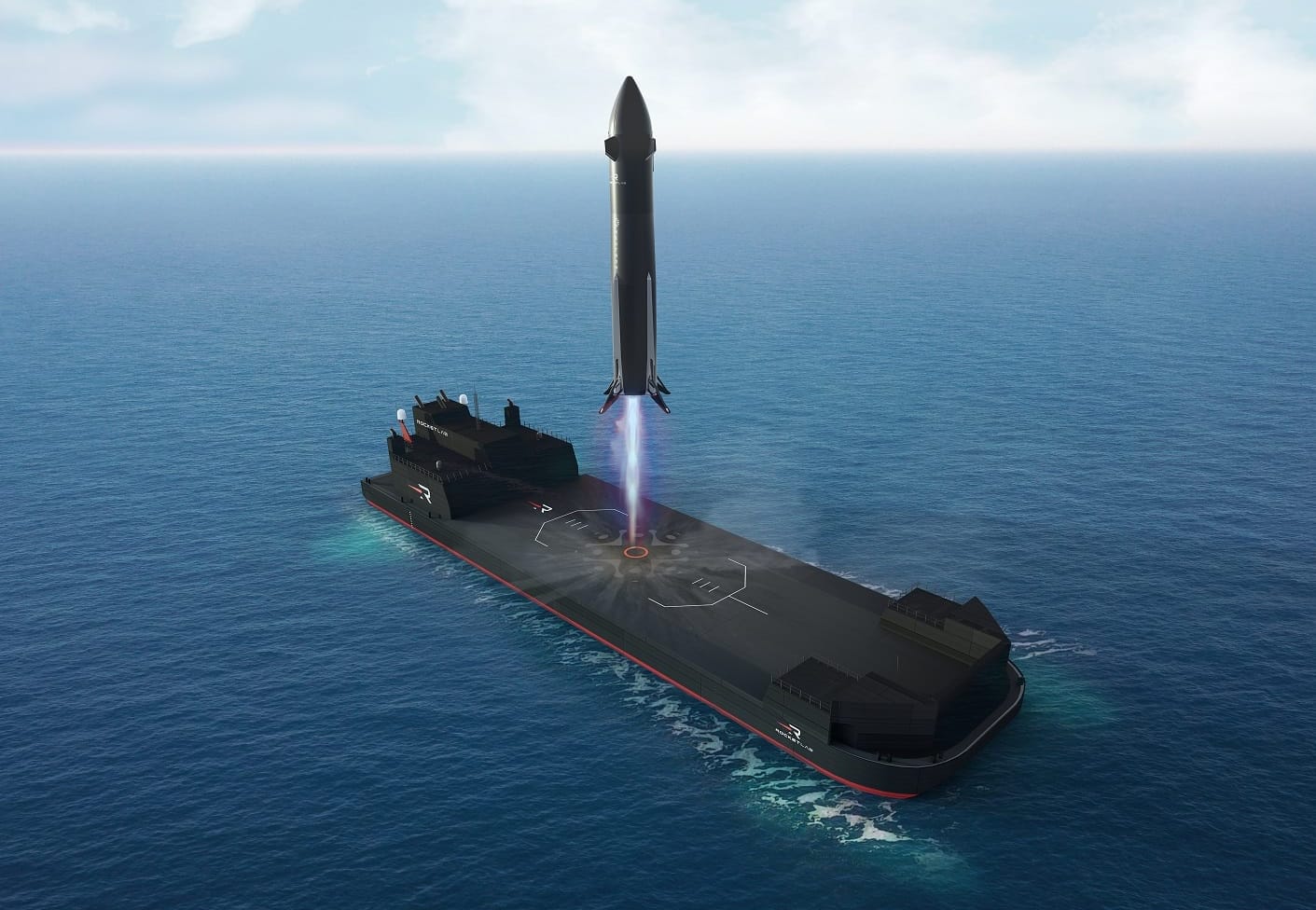
In support of coming Neutron missions following its debut, Rocket Lab has recently acquired a landing platform called 'Return On Investment'. 'Return On Investment' is a 122-meter long modified barge currently undergoing preparations for operation in 2026. Modifications on the barge include autonomous ground support equipment to capture and secure a landed Neutron, blast shielding to protect equipment during Neutron landings, and station-keeping thrusters for precise positioning in the Atlantic Ocean.
Landings on 'Return On Investment' will allow Rocket Lab to fully utilize Neutrons capabilities while recovering the rocket's first-stage, while providing customers greater payload capacities unavailable on return to launch site recovery profiles.
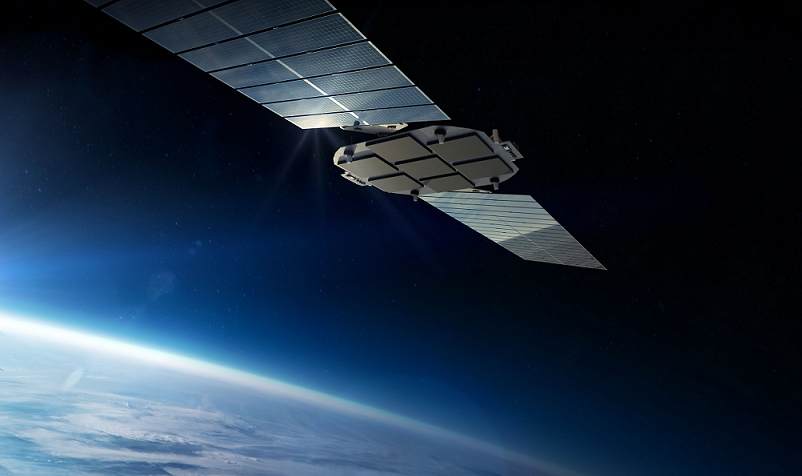
As part of efforts for end-to-end space solutions, Rocket Lab also unveiled a new spacecraft platform named Flatellite. Flatellite aims to be mass producible for large constellations, numerous spacecraft will be launched atop of a Neutron rocket during a single launch, stacked on top of each other.
A fleet of Flatellite spacecraft will aim to make up a scalable, high-power, secure, resilient remote sensing and connectivity network. Speaking about the new spacecraft, Peter Beck stated:
“The need for large, reliable satellite constellations continues to grow across defense and commercial markets. The industry is hungry for versatile satellites that are affordable and built fast in high volumes. This is why we created Flatellite,” – “Flatellite is more than just a new product developed to serve our customers’ ever-evolving needs. It’s a bold, strategic move toward completing the final step in Rocket Lab’s ultimate vision of being a truly end-to-end space company, operating its own constellation and delivering services from space. By having our own rides to space with Neutron and Electron and being able to build our own spacecraft in high volumes, we're at a distinct advantage when it comes to deploying constellations with speed and cost-efficiency.”
As mentioned by Beck, Rocket Lab has the advantage of launching its internally produced spacecraft, allowing customers to stay with the company from mission planning to launch. SpaceX is the only other American space company to notably utilize this capability with its Starlink and Starshield spacecraft, which have been a success with commercial and government customers, while demonstrating a growing launch cadence.
Rocket Lab is likely eyeing some of those customers, mainly the U.S. Department of Defense wants to operate vast fleets of spy satellites. Launching batches of Flatellites routinely will allow the company to demonstrate Neutrons' reliability and capabilities while posing no risk to customers' spacecraft.
Who is Rocket Lab?
Rocket Lab is an American spaceflight company founded in June 2006 and headquartered in Long Beach, California. Rocket Lab currently operates the Electron small satellite launch vehicle and is developing the partially reusable medium-lift Neutron launch vehicle. The company also owns a number of other spaceflight companies to provide an end-to-end solution from mission planning to launch.

